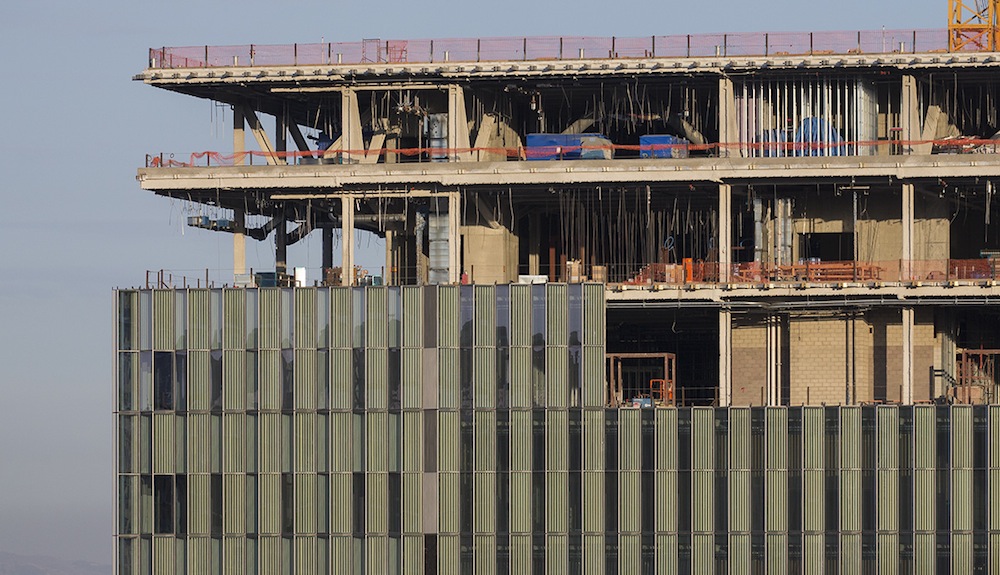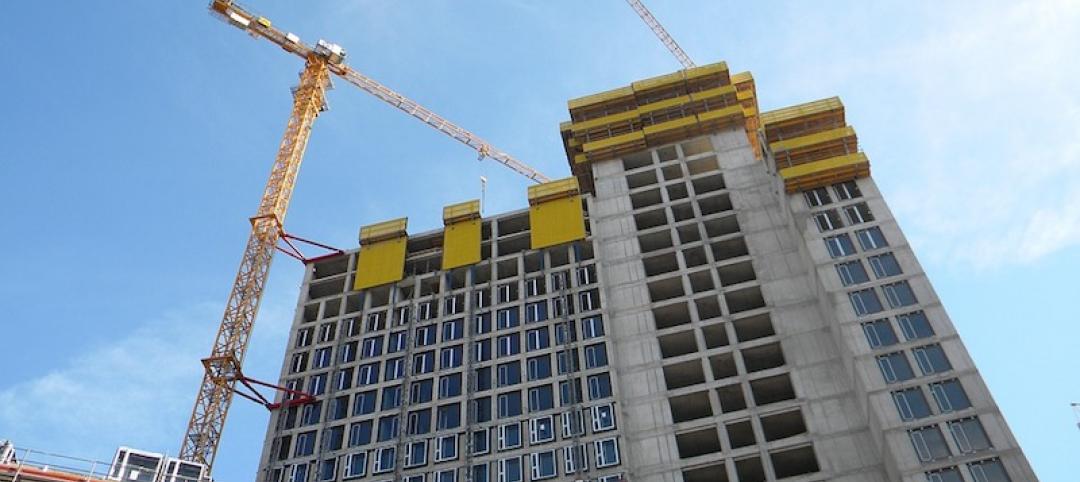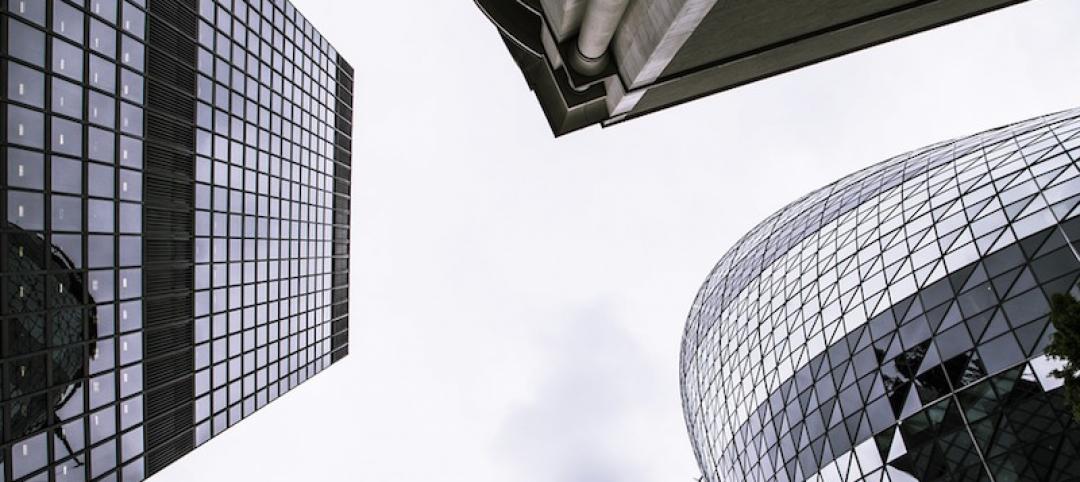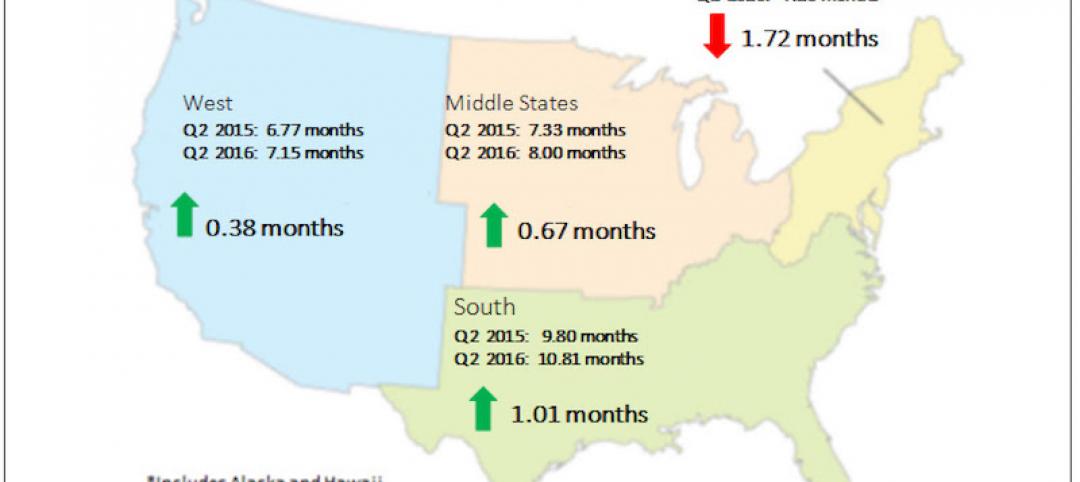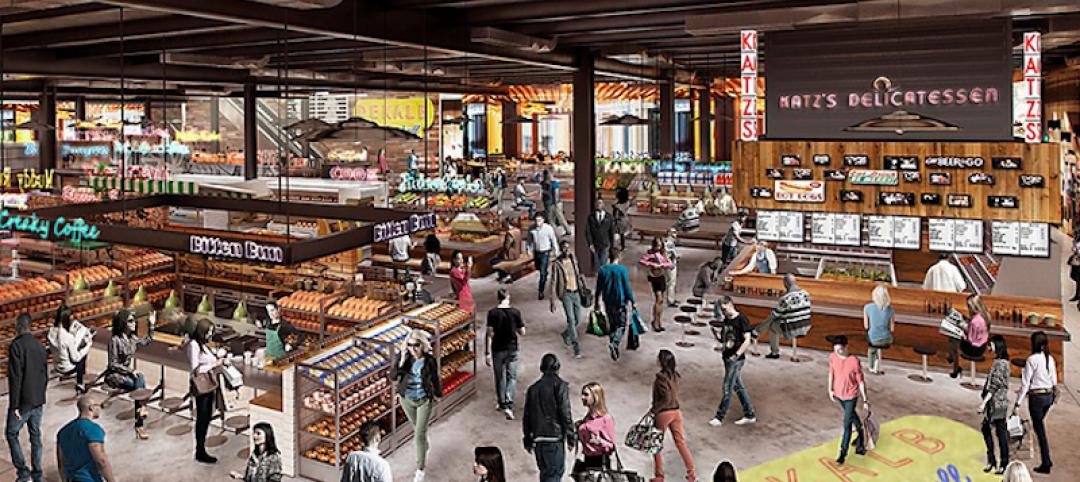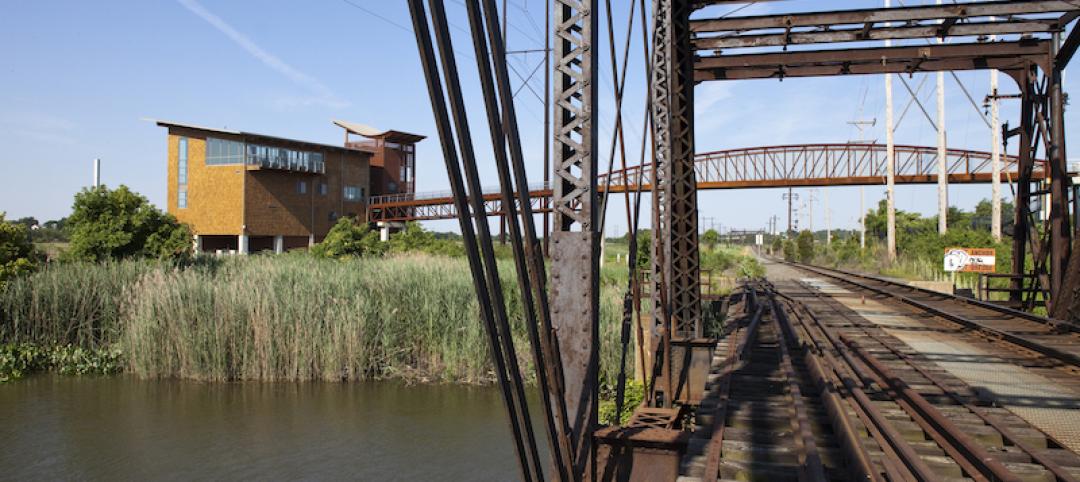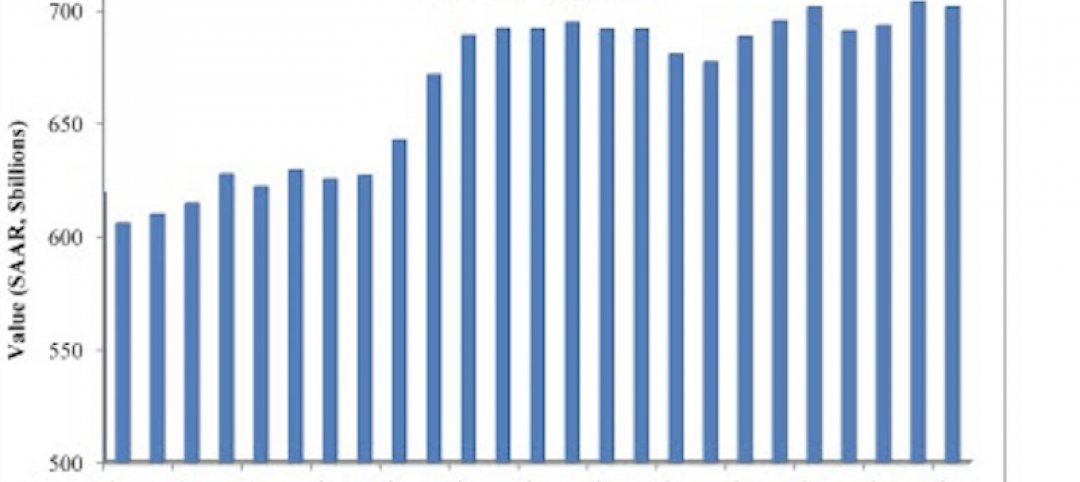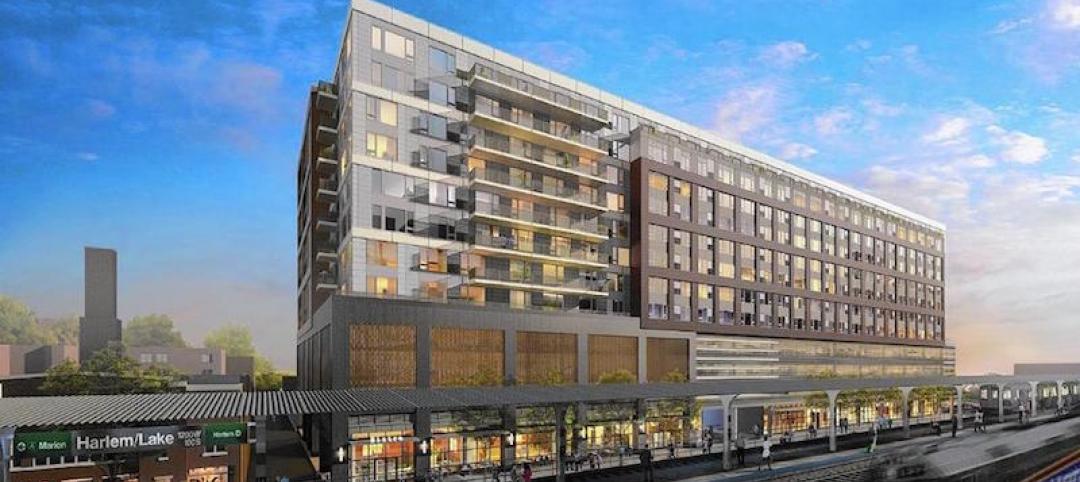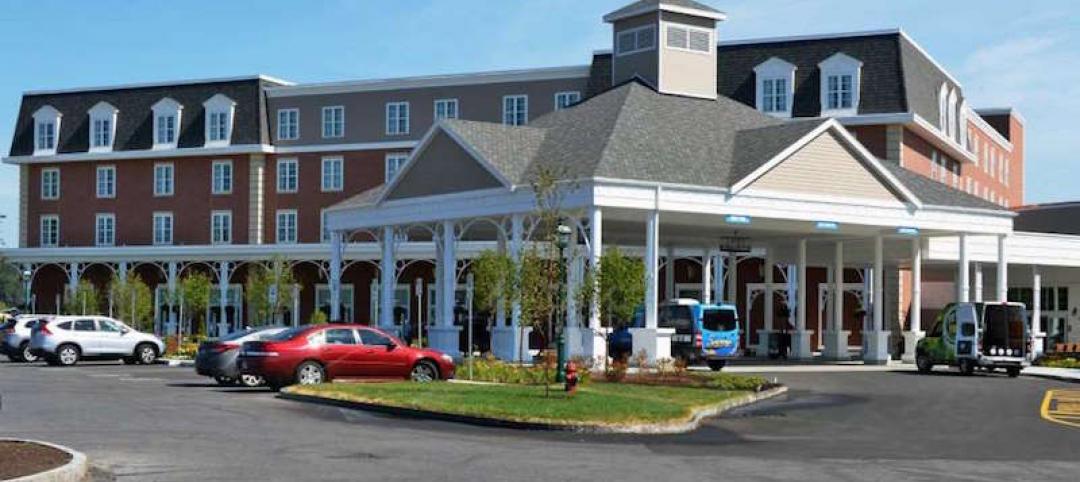Leopardo released its 2016 Construction Economics Report and Outlook, a guide to help business leaders, healthcare administrators and government decision-makers understand the factors that impact construction costs.
This year’s report shows that 2015 was a turning point for commercial real estate construction, as spending reached the highest level since the Great Recession and even the pace of growth accelerated more than in previous years.
By the end of 2015, total spending on U.S. construction grew 10.5% to $1.1 trillion, the largest year-over-year gain since 2007. The most dynamic growth was in the private sector, where construction spending expanded 12.3%, compared to just 5.6% growth in public-sector projects.
"With a steadily growing economy, low national vacancy rates and historically low interest rates, companies are seeing this period as the right time to expand or relocate their facilities to accommodate growth,” said Jim Leopardo, CEO of Leopardo. “We’re seeing healthy construction volume of nearly every property type, both nationally and in the Chicago area.”
Key findings in the report include:
- Multifamily construction has grown by 29.4% annually since 2011, driven by a movement of renters by choice in urban work-live-play areas. In the same period, single-family home construction increased 14.8% annually.
- Office construction spending grew by 22% in 2014, driven by job growth in the tech sector. This growth spurt is expected to scale back to an average 5.9% annual growth rate through 2019.
- Construction jobs grew 7.8% in the Chicago area, outpacing the national average of 4.2% in 2015. In 2014, Chicago’s 3.2% construction job growth lagged the national average of 5.7%.
Related Stories
Industry Research | Sep 27, 2016
Sterling Risk Sentiment Index indicates risk exposure perception remains stable in construction industry
Nearly half (45%) of those polled say election year uncertainty has a negative effect on risk perception in the construction market.
Market Data | Sep 22, 2016
Architecture Billings Index slips, overall outlook remains positive
Business conditions are slumping in the Northeast.
Market Data | Sep 20, 2016
Backlog skyrockets for largest firms during second quarter, but falls to 8.5 months overall
While a handful of commercial construction segments continue to be associated with expanding volumes, for the most part, the average contractor is no longer getting busier, says ABC Chief Economist Anirban Basu.
Designers | Sep 13, 2016
5 trends propelling a new era of food halls
Food halls have not only become an economical solution for restauranteurs and chefs experiencing skyrocketing retail prices and rents in large cities, but they also tap into our increased interest in gourmet locally sourced food, writes Gensler's Toshi Kasai.
Building Team | Sep 6, 2016
Letting your resource take center stage: A guide to thoughtful site selection for interpretive centers
Thoughtful site selection is never about one factor, but rather a confluence of several components that ultimately present trade-offs for the owner.
Market Data | Sep 2, 2016
Nonresidential spending inches lower in July while June data is upwardly revised to eight-year record
Nonresidential construction spending has been suppressed over the last year or so with the primary factor being the lack of momentum in public spending.
Industry Research | Sep 1, 2016
CannonDesign releases infographic to better help universities obtain more R&D funding
CannonDesign releases infographic to better help universities obtain more R&D funding.
Industry Research | Aug 25, 2016
Building bonds: The role of 'trusted advisor' is earned not acquired
A trusted advisor acts as a guiding partner over the full course of a professional relationship.
Multifamily Housing | Aug 17, 2016
A new research platform launches for a data-deprived multifamily sector
The list of leading developers, owners, and property managers that are funding the NMHC Research Foundation speaks to the information gap it hopes to fill.
Hotel Facilities | Aug 17, 2016
Hotel construction continues to flourish in major cities
But concerns about overbuilding persist.


